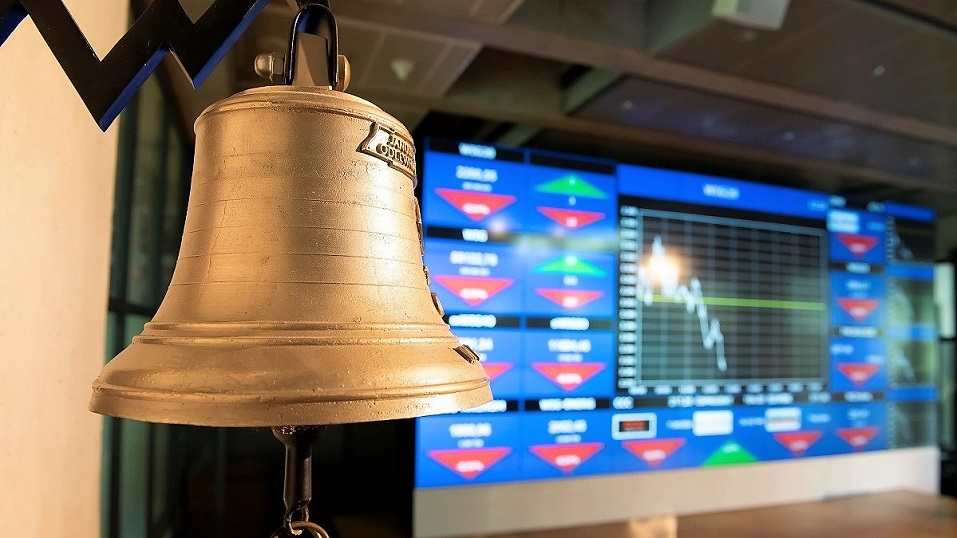A ransomware cyber-attack on RTX-owned Collins Aerospace caused chaos at leading European airports over the weekend. The incident, which hit MUSE’s check-in and boarding software, exposed the vulnerability of critical aviation infrastructure to threats in the digital supply chain. The result was massive delays, flight cancellations and a return to manual passenger handling procedures.
The problem emerged on Saturday, with its epicentre covering some of Europe’s busiest airports, including London Heathrow, as well as Brussels, Berlin, Dublin and Cork airports. The failure of the MUSE system prevented automated check-in and baggage handling, forcing ground staff to process data manually. This immediately translated into extended queues and operational paralysis.
The situation was so serious that Brussels Airport asked the airline to preemptively cancel some Sunday and Monday flights to avoid total congestion. Although Collins Aerospace worked to restore systems, it took time to deliver a secure and fully functional software update, prolonging the disruption. The European Union Cyber Security Agency (ENISA) has officially confirmed that the incident was the result of a ransomware attack and is being investigated by law enforcement authorities.
The attack on airport systems is not an isolated incident. It is part of a growing wave of cyber attacks on key sectors of the economy. Recently, similar incidents have affected car manufacturers such as Jaguar Land Rover, where production was halted, as well as other global companies in the retail or healthcare industries.












